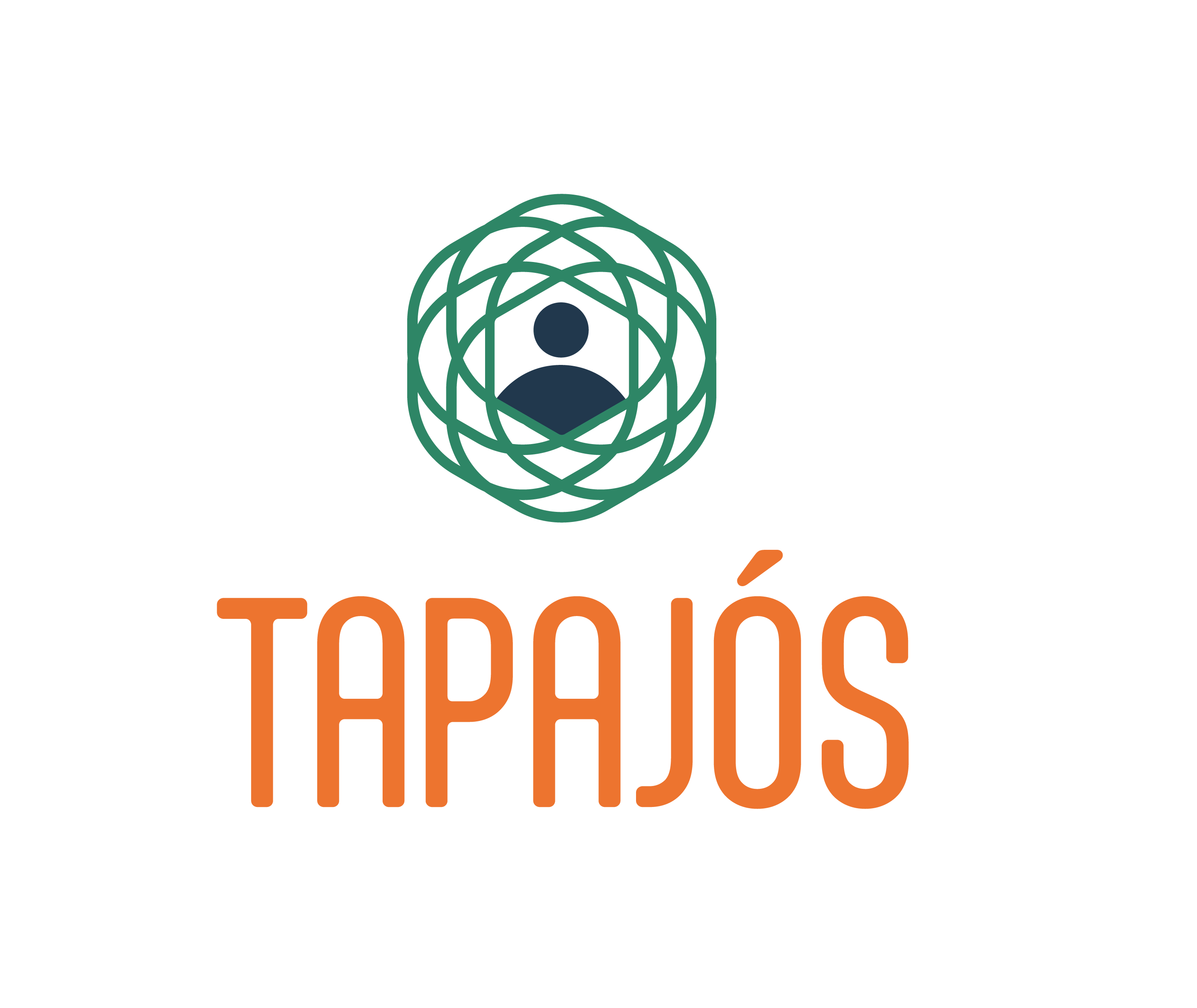
TAPAJÓS is a project implemented since 2021 by the United Nations Office on Drugs and Crime (UNODC) in Brazil, as part of its mandate to assist countries in the implementation of the UN Protocol on Trafficking in Persons (TiP).
Divided into two phases, the Tapajós Project aims to identify the prevalence of trafficking in persons and forced labour in the gold mining sector in the Tapajós River basin, State of Pará, Brazil, and to implement evidence-based interventions to reduce and prevent these crimes in the region.
The Tapajós Project team works from offices in Brasília (DF) and Santarém (PA). It is supported by the Research and Trend Analysis Branch (RAB) and the Human Trafficking and Smuggling of Migrants Section (HTMSS) at UNODC headquarters in Vienna, Austria, and funded by the Office to Monitor and Combat Trafficking in Persons (J-TIP) of the US Department of State through the Program to End Modern Slavery (PEMS).
Phase I of the Tapajós Project aimed to develop a better understanding of working conditions and the prevalence of trafficking in persons and forced labour in the gold mining sector in the Tapajós River basin, state of Pará, in the Brazilian Amazon.
Four studies were conducted, in partnership with renowed national and international research institutions, aiming to support government efforts to combat crimes and inform interventions in phase II of the project.
Based on the results obtained in the research phase, phase II of the Tapajós Project involves the implementation of evidence-based interventions – co-produced with local partners – to reduce trafficking in persons and forced labour and further prevent related crimes in gold mining, including the promotion of alternative development initiatives.
The activities are structured within three main axes (3Ps):
Objective 1 – Prosecution – aims at enhancing skills, knowledge and tools of labour inspectors, law enforcement and criminal justice authorities to conduct effective victim-centered, trauma-informed investigations and prosecutions of trafficking for forced labour in the gold mining sector in Pará.
Objective 2 – Protection – aims at providing the victims of forced labour in the gold mining sector in Pará with comprehensive protection and assistance services, in accordance with the IV TiP National Action Plan and Law 13.344/2016.
Objective 3 – Prevention – aims at empower vulnerable and at-risk communities to support their members to avoid high-risk employment in the gold-mining sector in both source and destination communities, with also a focus on Munduruku indigenous people.